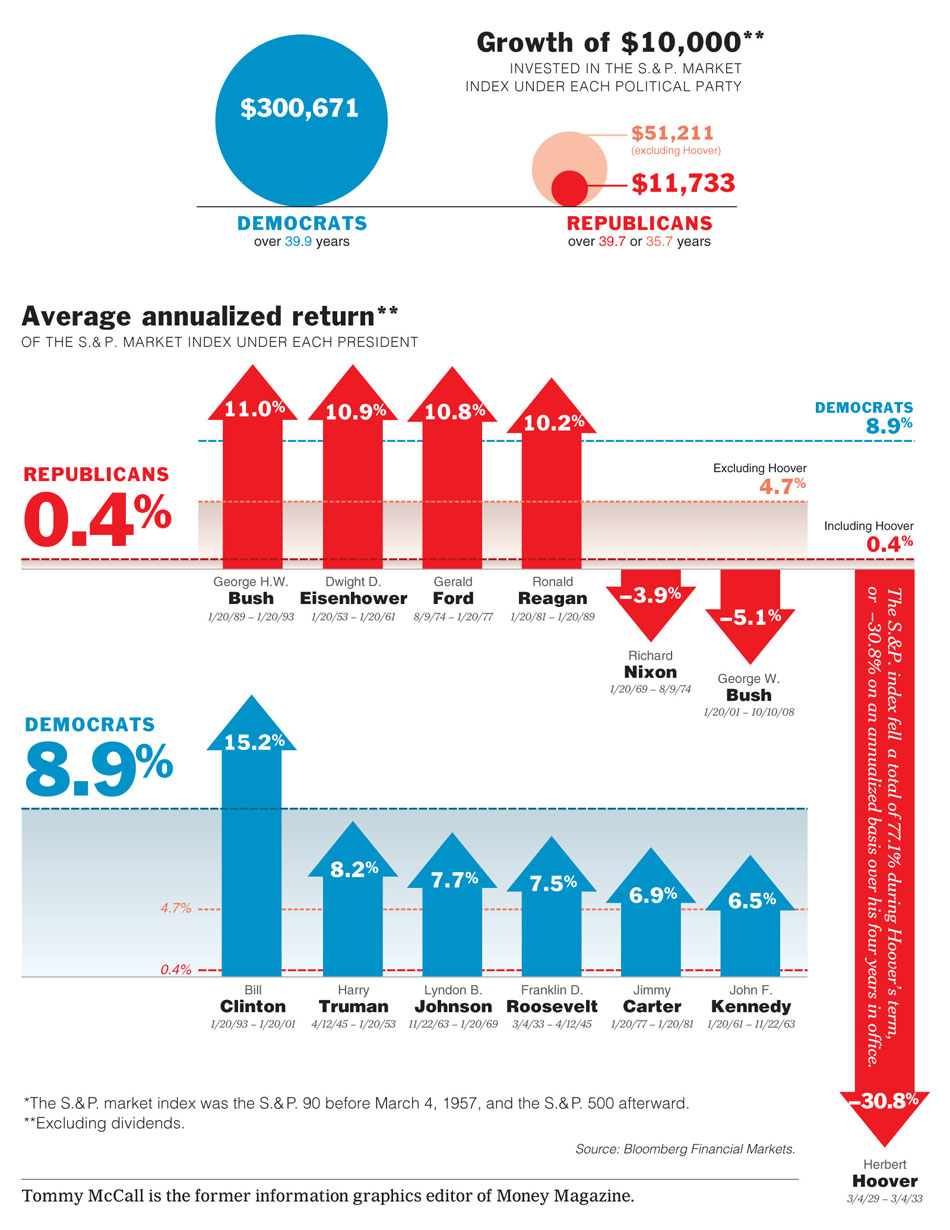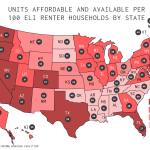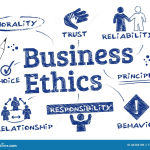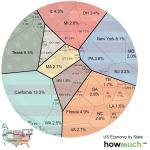GOP economic policies have long been a cornerstone of conservative ideology, emphasizing principles that often prioritize free markets and deregulation. Historically, Republican leaders have championed these economic strategies under the banner of promoting growth and innovation, yet critiques arise questioning their efficacy. Economist Oren Cass argues that the reliance on market fundamentalism has fallen short of its promises, leaving American families struggling amidst rising inequalities. As public sentiment shifts, there’s a growing call for a reevaluation of the Republican economic strategy that focuses more on workers rather than just returns on investment. The debate around these policies underscores a critical transformation in how Americans view their economy, challenging traditional conservative economic policies in the process.
The economic frameworks advocated by the GOP reflect a unique blend of conservative values aimed at encouraging wealth creation and market freedom. Often referred to as right-leaning economic doctrines, these approaches emphasize minimal regulation and support for individual entrepreneurship. Yet, voices like Oren Cass highlight the pitfalls of such a one-dimensional focus on deregulation and free market principles, suggesting a need for broader considerations that include labor strength and social equity. This evolving perspective represents a significant shift in how conservative economic thought is perceived, striving for a balance that promotes not just growth, but the well-being of all citizens. Ultimately, the discussion surrounding these conservative economic policies reveals a dynamic landscape where new ideas are emerging to challenge the status quo.
The Historical Context of GOP Economic Policies
Historically, the economic landscape shaped by Republican presidents reveals a complex relationship with the principles we now categorize as GOP economic orthodoxy. According to economist Oren Cass, many Republican leaders were not committed to the market-driven deregulation and unrestricted trade strategies that are often touted in contemporary discussions. Instead, figures like Abraham Lincoln and Teddy Roosevelt implemented protective tariffs and encouraged robust labor forces, contrasting sharply with the early 21st-century focus on market fundamentalism. This historical deviation invites a reassessment of the core values that have defined Republican economic policies over the decades.
Cass’s assertion invites a deeper investigation into how these historical principles were prioritized by past administrations as opposed to today’s typical narratives surrounding GOP economic strategies. The shift toward a singular focus on deregulation undermined a broader vision of economic growth aimed at fortifying American households, highlighting a disconnect between the party’s foundational beliefs and its contemporary commitments. Such reflections challenge the legitimacy of current GOP economic orthodoxy and suggest a need to revisit the party’s original sympathy towards labor and domestic industry.
Frequently Asked Questions
What are the key principles of GOP economic policies and how do they relate to conservative economic strategies?
GOP economic policies primarily focus on free market principles, advocating for minimal government intervention in the economy. These policies emphasize lower taxes, deregulation, and fostering an environment conducive to business growth. Conservative economic strategies also align with the belief that a robust economy is built on the strength of the labor force, encouraging investment in workers and domestic industries.
How has Oren Cass critiqued traditional GOP economic policies?
Oren Cass critiques traditional GOP economic policies by arguing that an excessive focus on deregulation and free trade has not benefited average American households. His analysis suggests that a more comprehensive approach, which includes strengthening labor and investing in domestic industries, is necessary for a sustainable economic model that promotes social welfare and collective wealth.
In what ways do GOP economic policies reflect market fundamentalism?
GOP economic policies often reflect market fundamentalism by promoting the idea that free markets, unencumbered by regulations, are the best way to drive economic growth. However, critics like Oren Cass argue that this approach can lead to neglect of social responsibilities, as it prioritizes short-term consumer benefits over long-term investments in communities and the workforce.
What historical examples illustrate the evolution of Republican economic strategy?
Historical examples illustrating the evolution of Republican economic strategy include the policies of presidents like Abraham Lincoln and Ronald Reagan. Lincoln implemented tariffs to protect domestic industries, while Reagan, despite being a proponent of free enterprise, raised taxes multiple times and offered government assistance to farmers, contradicting the strict libertarian view often associated with modern GOP economic policies.
How do modern GOP economic policies address the concerns of social conservatives and economic libertarians?
Modern GOP economic policies aim to balance the interests of social conservatives and economic libertarians by acknowledging the need for government support in certain areas while promoting free market principles. Figures like Oren Cass argue for a return to pro-worker policies that address family stability and workforce investment, aligning both factions toward a shared vision of a thriving economy.
What criticisms does Oren Cass have regarding the reliance on government assistance in contemporary GOP economic policies?
Oren Cass criticizes contemporary GOP economic policies for fostering increased dependence on government assistance programs like Social Security and veterans’ benefits, viewing it as unsustainable for social and economic health. He advocates for an economic model that empowers individuals and families through strong labor market conditions rather than reliance on government support.
What role should policymakers play according to GOP economic principles as articulated by Oren Cass?
According to Oren Cass, policymakers should play an active role in establishing rules and support systems that foster productive economic applications. Rather than maintaining a hands-off approach, creating an environment that empowers workers, strengthens social bonds, and promotes domestic investment is essential for realizing the true potential of GOP economic principles.
How do GOP economic policies aim to foster domestic investment and innovation?
GOP economic policies aim to foster domestic investment and innovation through tax incentives, deregulation, and support for small businesses. By creating a favorable business environment, the Republican economic strategy seeks to stimulate entrepreneurial growth and technological advancements, thus enhancing U.S. competitiveness in the global market.
| Key Points |
|---|
| Republican presidents have not historically adhered to GOP economic orthodoxy, focusing instead on labor strength and domestic investment. |
| Oren Cass criticizes the focus on deregulation and unfettered trade as having failed American households economically. |
| Historical Republican figures like Lincoln and Reagan implemented protectionist measures despite their party’s emphasis on free markets. |
| Younger Republicans are increasingly aligning with Cass’s pro-worker rhetoric, seeking a more balanced economic approach. |
| Market fundamentalism’s dominance has led to economic policies that prioritize consumer goods over workforce investment. |
| Cass argues for redefining the purpose of the market to empower workers and strengthen social bonds rather than just for consumption. |
Summary
GOP economic policies have undergone significant scrutiny as historical alignments with traditional principles deviate from contemporary practices. Economist Oren Cass has highlighted that Republican leaders historically prioritized labor and domestic industry over the recent trend of unfettered deregulation and trade. As the political landscape evolves, a new generation of GOP policymakers is reevaluating their approach to economic issues, recognizing the importance of investing in the workforce and addressing long-standing economic challenges faced by American families. This shift represents an essential dialogue within the party about creating a sustainable economic model that not only promotes growth but also enhances social cohesion.







